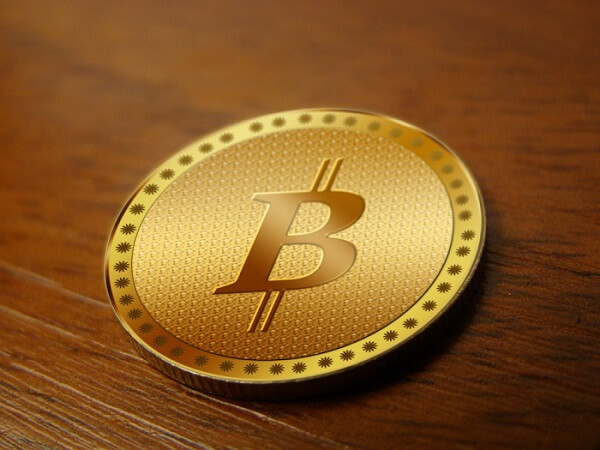The Swiss Financial Market Supervisory Authority (FINMA) distributed an arrangement of rules yesterday, Feb. 16, for applying existing money related market enactment to the direction of Initial Coin Offerings (ICO).
FINMA CEO Mark Branson sees these rules as a method for helping Blockchain innovation effectively enter Swiss markets, taking note of that Blockchain organizations “can’t just go around the attempted and tried administrative structure”. He expressed in the public statement for the rules:
“Our adjusted way to deal with taking care of ICO activities and enquiries enables true blue trend-setters to explore the administrative scene thus dispatch their ventures in a path reliable with our laws securing speculators and the respectability of the budgetary framework.”
As indicated by FINMA‘s public statement, the production of the rules was incited by an expanding number of ICOs occurring inside Switzerland, in conjunction with the absence of lucidity about how or whether they ought to be managed, taking note of that ” creating straightforwardness right now is critical given the dynamic market and the abnormal state of interest.”
FINMA composes that right now there is as of now no ICO-particular control set up or “reliable lawful regulation” for dealing with ICOs in the nation.
To survey future ICOs and figure out which laws apply, FINMA says it will break ICO tokens into three classes: installment tokens, utility tokens, and resource tokens.
Worldwide control of ICOs has been uneven, with China toward one side of the administrative range restricting all ICOs in the nation in 2017, while others like Singapore and Australia have given ICO rules intended to help ICOs in accordance with existing enactment, comparatively to FINMA‘s proposition.
Most ICO control comprehensively accompanies a notice to speculators about the capability of experiencing extortion while taking part in this generally new raising money approach. FINMA‘s official statement closes by attracting regard for the dangers related with ICOs as far as the market’s value unpredictability and the possibly indeterminate lawful nature of agreements made with Blockchain innovation.

